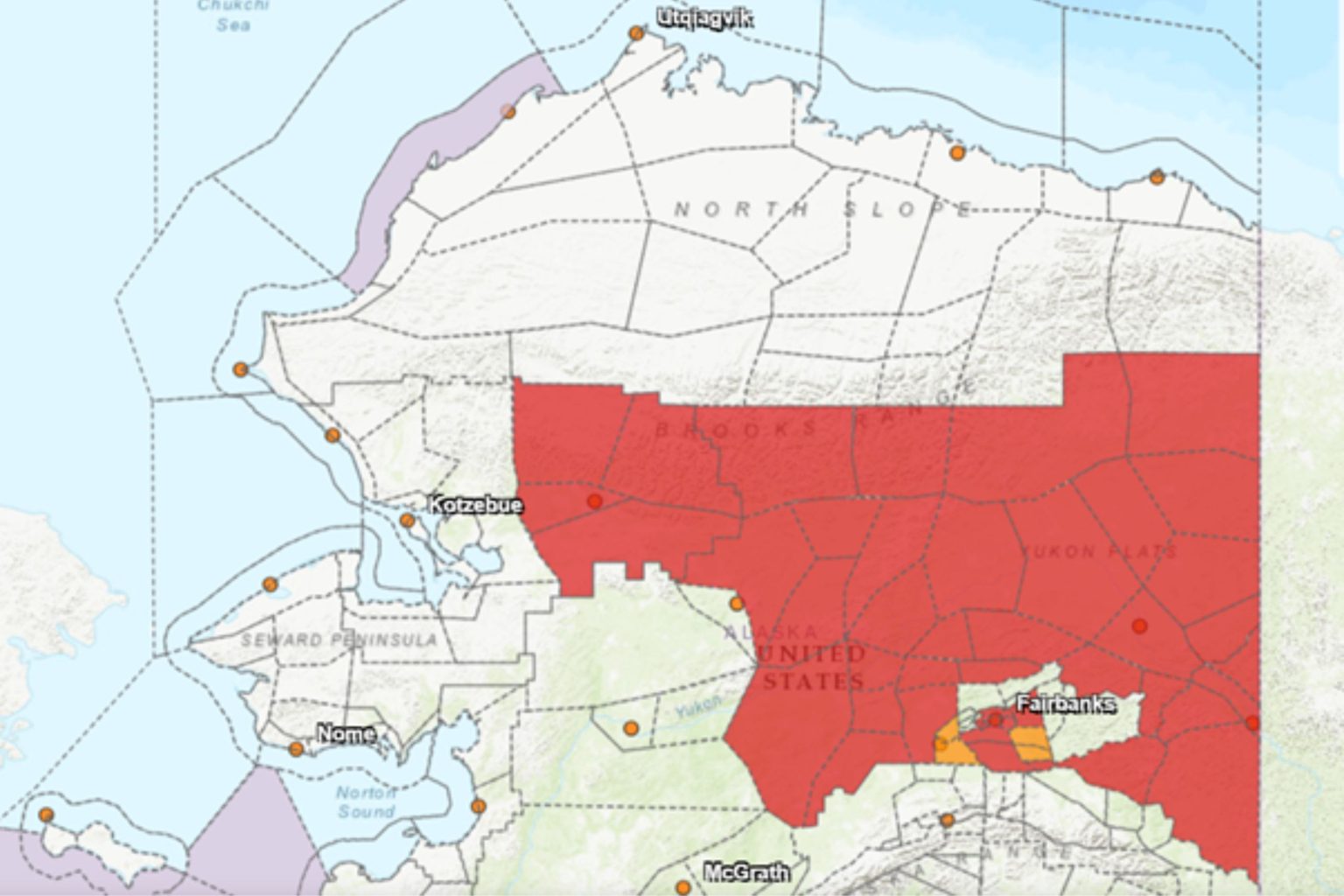Alaska is currently facing wildfires and flood advisories, prompting weather institutions to issue red flag alerts in various areas. The affected regions include Fairbanks Metro Area, Brooks Range, Yukon River, Fortymile Country, and more. The National Weather Service warns that frequent lightning strikes and dry conditions could lead to the rapid spread of fires. Ready, a public service campaign, advises residents to stay informed, create evacuation plans, use fire-resistant materials, and be prepared for air quality alerts. Alaskan senator Lisa Murkowski emphasizes the importance of staying updated on fires and smoke advisories to ensure safety.
Due to the severity of the situation, firefighting crews from California have been called in to assist with the ongoing efforts in Alaska. In addition to the wildfires, flood advisories have also been issued for certain areas, including the Susitna Valley, Haines Borough, and Klukwan. The warm temperatures are causing high elevation snowpack and glacier ice to melt, leading to minor flooding along rivers and low-lying areas. Similarly, wildfires in other regions such as north of Los Angeles have also resulted in evacuations and significant acreage being burned.
Wildfires in Alaska can be caused by both natural and human factors. Lightning strikes are a common natural cause, igniting dry vegetation and sparking fires. Human activities like unattended campfires, discarded cigarette butts, sparks from equipment, and deliberate arson can also lead to wildfires. The National Weather Service encourages residents to be cautious with open flames and be prepared to evacuate if necessary. Newsweek is dedicated to reporting on extreme weather events like wildfires, floods, and heatwaves, encouraging readers to reach out with stories or questions about these issues.
Extreme weather events like wildfires are becoming more common, prompting Newsweek to challenge conventional wisdom and seek common ground in understanding these phenomena. The interconnectedness of climate change, human activities, and natural disasters underscores the need for greater awareness and preparedness. The impacts of wildfires extend beyond immediate destruction to air quality, public health, and ecosystem health. Through ongoing coverage and engagement, Newsweek aims to inform and educate readers about the risks and consequences of these events, emphasizing the importance of proactive measures and community resilience.
As Alaska grapples with wildfires and flooding, the collaborative efforts of firefighting crews, emergency responders, and residents are crucial in mitigating the impact of these disasters. The coordination between different agencies and jurisdictions is essential for effective response and recovery. With climate change contributing to more frequent and intense extreme weather events, it is imperative for individuals, communities, and governments to prioritize resilience and adaptation strategies. By staying informed, prepared, and vigilant, we can work together to protect lives, property, and the environment in the face of escalating challenges.


